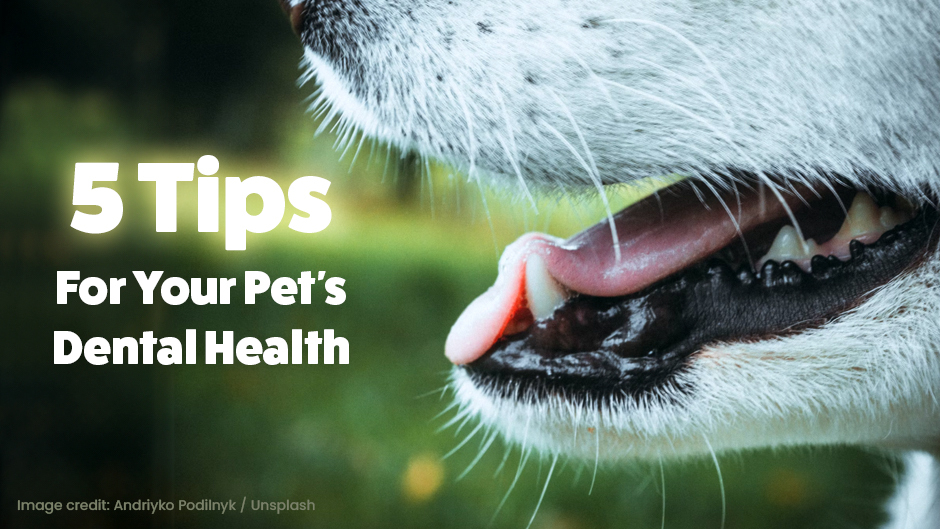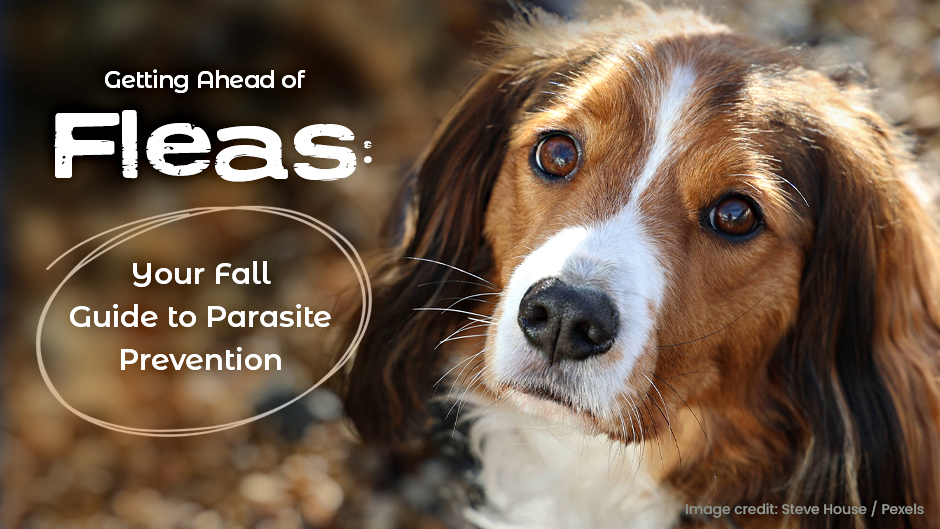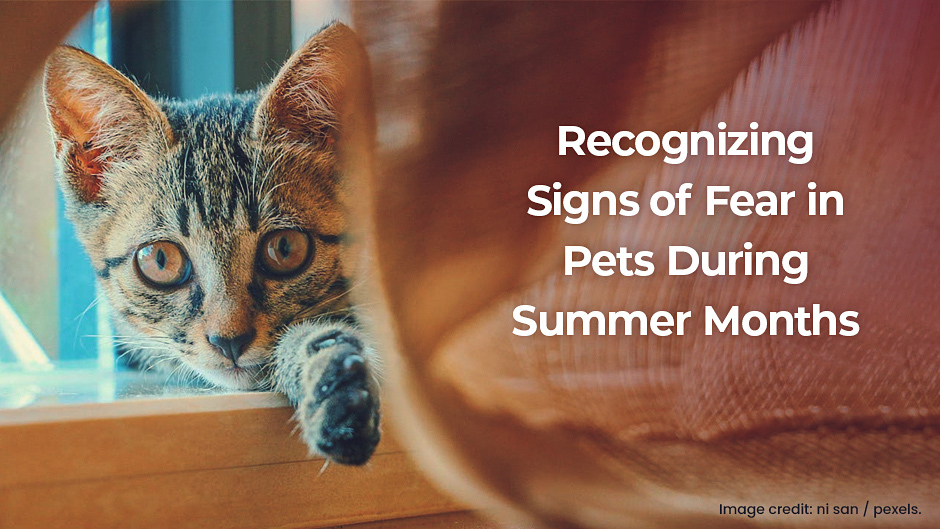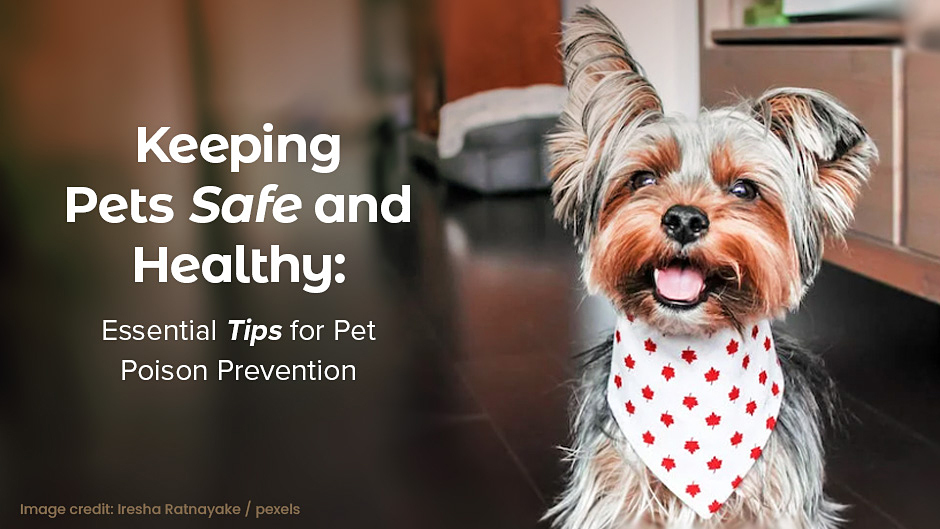
by vet1 | Oct 13, 2024 | Uncategorized
From October 13-19, 2024, we join veterinary clinics nationwide in celebrating National Veterinary Technician Week! These incredible individuals are the backbone of our clinic, working tirelessly to ensure every pet receives the care they need. If you’ve ever wondered...

by vet1 | Jun 4, 2024 | Uncategorized
Summer is a time for fun, relaxation, and outdoor activities. However, while we enjoy the warm weather, we need to take extra precautions to ensure our pets stay safe and healthy. Read on for valuable tips on keeping your pets safe during the summer months, addressing...

by vet1 | Feb 2, 2024 | Uncategorized
We all wish for our furry friends to live happy, healthy lives by our sides. But often overlooked in pet care is a critical area that affects their overall well-being: dental health. Just like us, pets’ teeth need regular attention to prevent discomfort,...

by vet1 | Dec 12, 2023 | Uncategorized
The holiday season is a time of joy and celebration, but it can also bring unexpected challenges for pet owners. As a veterinary team, we’ve seen our fair share of holiday-related pet emergencies, from tinsel ingestion to Christmas tree accidents. But with a...

by vet1 | Oct 13, 2023 | Uncategorized
Halloween is one of the most awaited events for kids and adults. The streets are filled with people wearing creative costumes, decorations are everywhere you look, and sweet treats and the scent of pumpkin spice fill the air. While it is a festive occasion, this can...

by vet1 | Sep 8, 2023 | Uncategorized
As pet owners, we can attest that flea infestation can not only be annoying but also extremely dangerous to our pets. Fleas can cause severe skin irritation, and anemia, and even transmit deadly diseases. As we approach the fall season, it’s essential to be...

by vet1 | Aug 22, 2023 | Uncategorized
Back to school season is an exciting time for kids, but for pets, it can be the source of anxiety and stress. After a summer filled with playtime, cuddles, and attention, the sudden decrease in activity can have a profound impact on our pets. It’s common for...

by vet1 | Jun 11, 2023 | Uncategorized
As we enter into summer, the temperatures begin to rise, and it is more important than ever to keep in mind how the heat can impact your pets. Heat exhaustion and heat stroke are both potentially fatal conditions for your pets and, as a pet owner, it is crucial to...

by vet1 | May 8, 2023 | Uncategorized
As pet owners, it’s crucial to prioritize the mental and physical health of our beloved companions. One of the most common causes of stress in pets is summer thunderstorms and fireworks. During these events, pets exhibit various behaviors that indicate fear and...

by vet1 | Mar 27, 2023 | Uncategorized
According to the Pet Poison Helpline, every year, thousands of pets are affected by accidental poisoning. To raise awareness about common poisons and how we can prevent our pets from being exposed to them, Pet Poison Prevention Month is observed in March. Here are...













